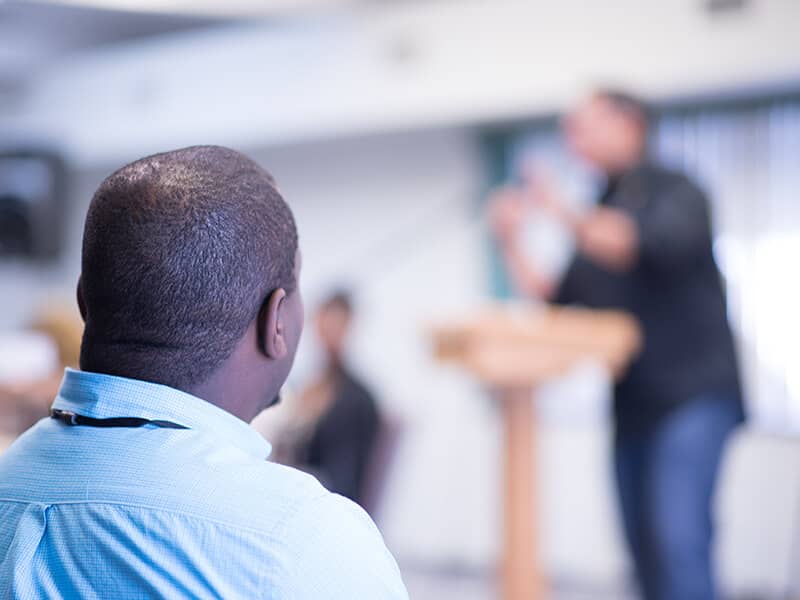But not so with our recent inaugural! Evangelical Christian Franklin Graham, son of Billy Graham, invoked "the Father, the Son, the Lord Jesus Christ" and declared the latter to be "our savior." And the inauguration concluded with another minister inviting all who agree that Jesus is "the Christ," to say "Amen."
How could this happen at a presidential inauguration? This is not a question about President Bush and his own faith, which shouldn't really matter anyway. He, like all of us, is entitled to a faith of his own choosing. My question has to do with inaugurations of presidents as public ritual and that venerable heritage known as the nation's civil religion. How is it that this heritage of tolerance, of civility and religious unity, has become so sectarian, so exclusive, and potentially so divisive?
Of course, there have been other inaugurations, Democrat and Republican, with intrusions of sectarian faith. But generally, from the time of George Washington to the present, they have been declarations of inclusive faith. We think of presidential inaugurations, in both the speeches and prayers, as encompassing a set of symbols, beliefs, and rituals that bring Americans together.
Civil religion does borrow from the Judeo-Christian heritage in its notions of a "covenant" and a nation whose goals and interests are judged in relation to a transcendent God. But overall, it functions to remind Americans of sacrifice, to sustain their hopes and dreams as a people and thus to enhance national solidarity. Abraham Lincoln is remembered for representing civil religion at its best. He spoke of an "almost chosen people" as the nation faced the crisis of slavery and Civil War, and he also sensed the hand of God in the struggles of the country at the time. How did we get from so profound a level of national reflection to the recent inaugural prayers?
Thinking about all this, it becomes clear just how weak and fragile our national symbols of religious inclusivity are in this country. If the many faiths of Americans are not symbolized at a presidential inauguration, then where and when? One cannot help but worry about our future as a religiously pluralistic country in the 21st century. When will we recognize that for millions of Buddhists, Muslims, Hindus, even Unitarians, agnostics, and atheists, prayers "to" and "through" Jesus are an offense? The challenges of religious pluralism will only increase in the years ahead. We will have to find ways to symbolize the legitimacy of our many faiths, while at the same time celebrating a national faith in keeping with the best of our traditions.
It is said that ours is a "country with the soul of a church." If so, there may be resources within our national heritage yet to be tapped. Emphasis must fall upon the "soul," not the "church," recognizing that our vision as a people must not be limited to any particular form of church but must draw from our souls to find a way to celebrate our unity as a spiritually minded people and not dwell upon our differences. Far from being a time to play down our civil religion, now is a time when we need to recommit to its fundamental principles.

